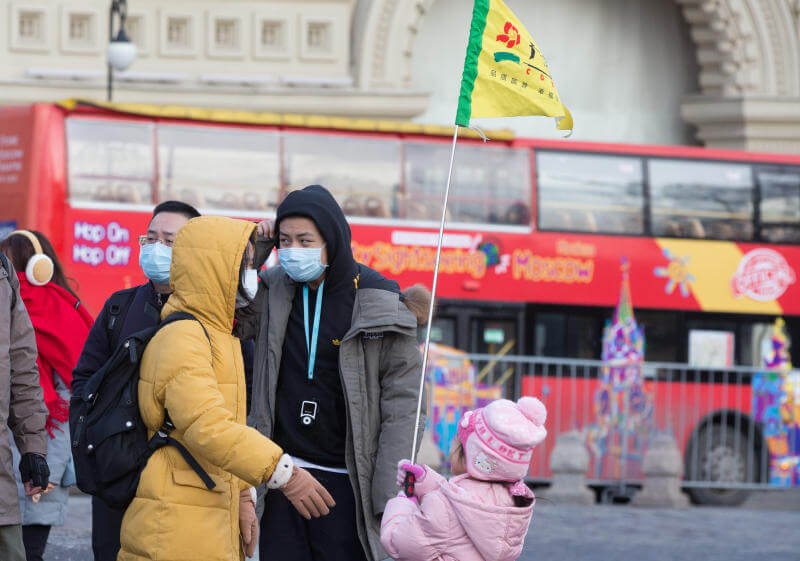Fear is a primal emotion, and to pretend that the medical staff are any less susceptible than the general public is folly. Fear is part of what motivates us to learn our craft better —we don’t want to harm our patients, we don’t want to fail our board exams, we don’t want to look stupid on rounds.
…
At times, though, fear can be overwhelming, even paralyzing. Every doctor and nurse can tell you — perhaps more than you’d really care to know — about times when they were incapacitated by fear.
…
This coronavirus is new, and the medical community is still figuring out the facts. We have to remember what it felt like when HIV seemed like the Black Plague incarnate.
Luckily, level heads eventually prevailed: clinicians treated their patients, public health officials pounded the pavement, activists kept up the heat, research kicked into high gear, and today HIV sits prosaically alongside cancer, diabetes, and heart disease. It’s just another ordinary illness that we treat. Complex, yes, but treatable.
The same will likely happen with this new coronavirus. We need to acknowledge our fears — the rational and the irrational — and then tuck them away in one of the many pockets of our white coats. There’s work to be done.































